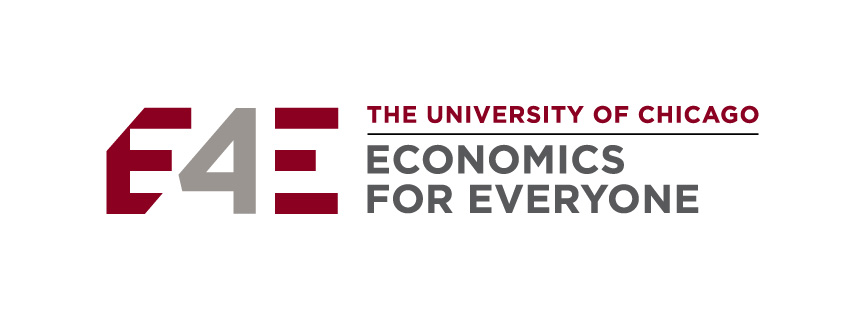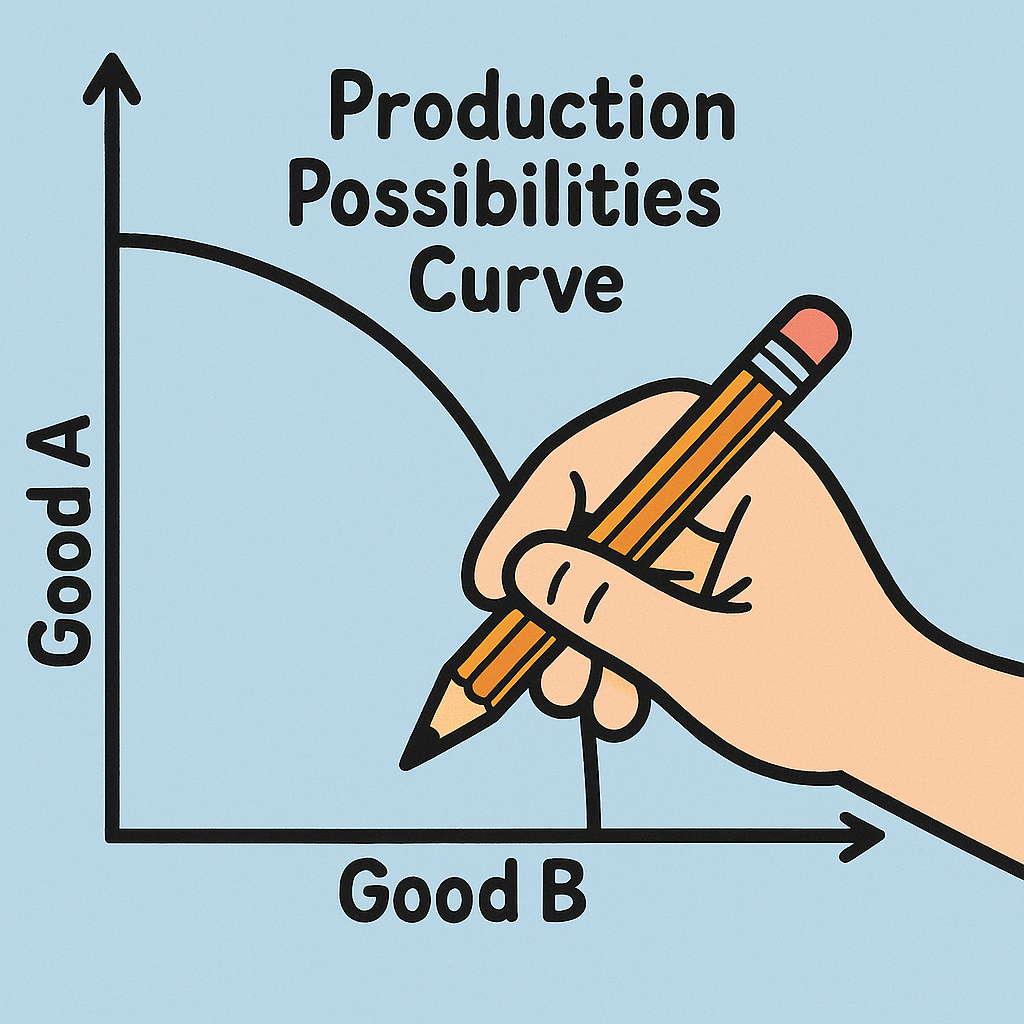
Grades 6-8

Don't have an account yet? Sign up for free
Don't have an account yet? Sign up for free
Students will be able to:

In this lesson from the Ethics, Economics, and Social Issues curriculum, students will participate in a mock city council special session. The special session has been called to provide voter feedback on three proposals before the board to address the city’s homeless population. Students will be given role cards identifying various members of the community with differing opinions on this topic. The setup of this lesson is that students have arrived early to the city council meeting and are going to discuss their opinion on the issue with other members of the community, meaning the opinion listed on their role card. The students will then identify if the various role cards reflect the idea of equity or economic efficiency when discussing the topic of homelessness in their community.
Economics is the study of decisions made by individuals, businesses, and governments when facing scarce resources. Policy makers often face a trade-off between equity and efficiency when implementing policies. Focusing on efficiency attempts to maximize the benefits from resources. Focusing on equity recognizes that we do not all start from the same place and must acknowledge and make adjustments to imbalances. These two goals can be in tension with one another. To allow for more equity, we must give up some efficiency and vice-versa, greater efficiency is obtained at a loss to equity.
In 1948, the United Nations drafted The Universal Declaration of Human Rights. Article 25 section 1 expressly addresses the issue of housing[1]. “Everyone has the right to a standard of living adequate for the health and well-being of himself and of his family, including food, clothing, housing and medical care and necessary social services.” Focusing on equity attempts to distribute prosperity so that each individual has at least a minimum of wealth. Individuals focusing on efficiency believe maximizing the allocation of resources will provide the best use of those resources. This lesson allows students to analyze the trade-offs policy makers face balancing efficiency and equity while addressing the issue of homelessness.
[1] United Nations Universal Declaration of Human Rights: https://www.un.org/en/about-us/universal-declaration-of-human-rights

Grades 6-8

Grades 9-12

Grades 9-12

Grades K-2, 3-5
